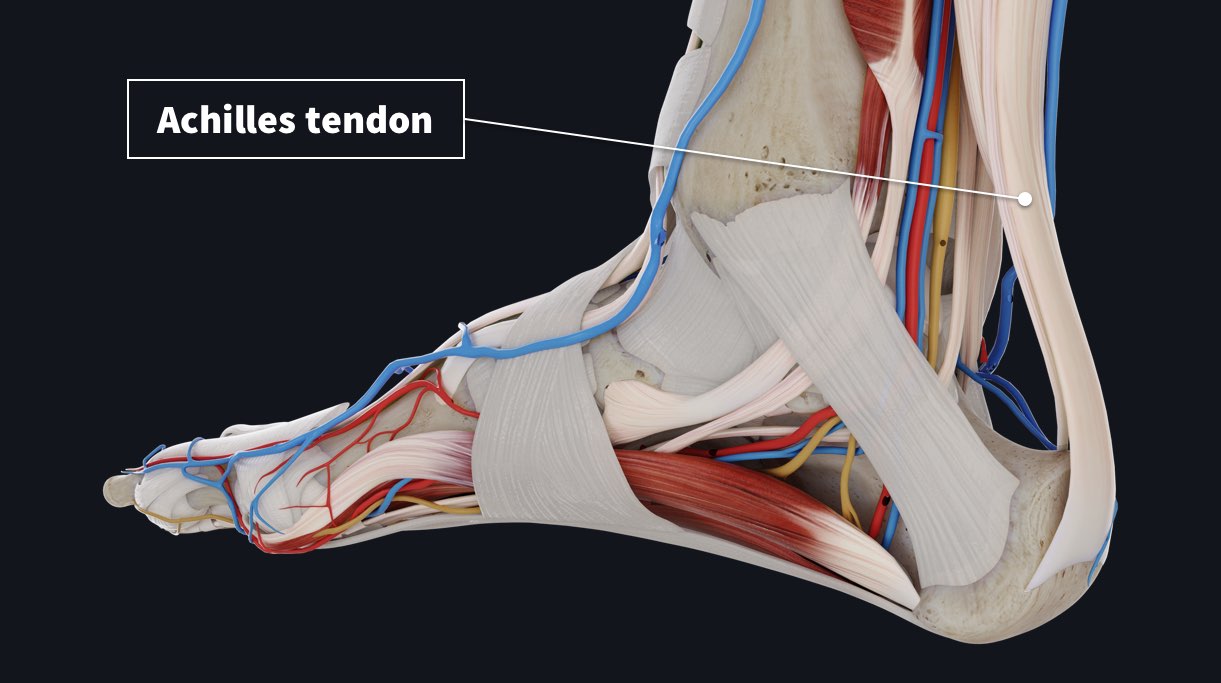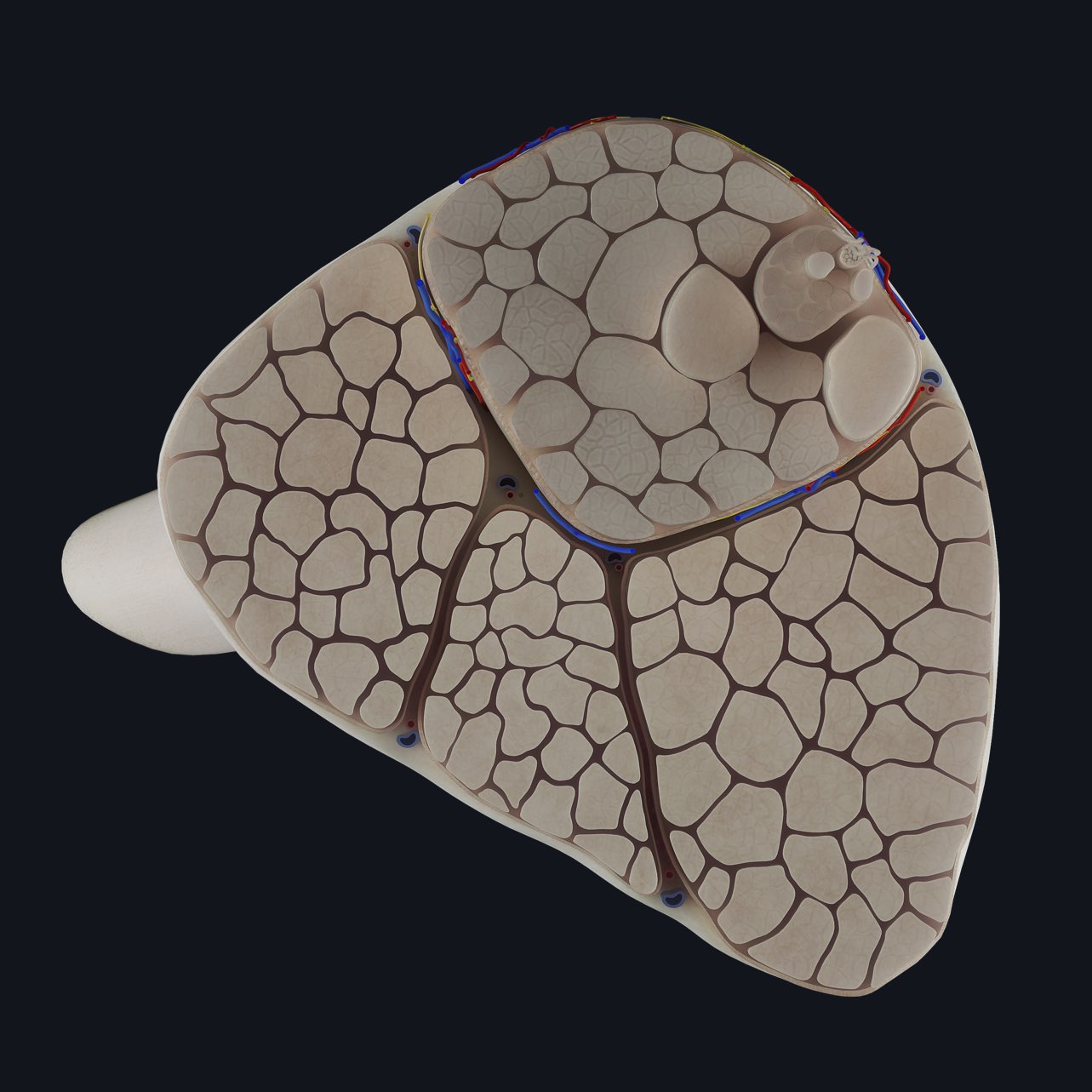
In one of our previous snippets, we examined the structure and function of a tendon. Today let’s explore how a tendon might become injured or damaged.
Tendons connect muscles to bones, and transmit the force which the muscle exerts, contributing to movement and maintenance of body posture. Its function as a conductor of force makes tendons relatively susceptible to injury. There are various forms of tendon injury ranging from inflammation, tears and eventually rupture of the tendon.
Tendon and ligament problems are among the most common musculoskeletal complaints which drives a patient to seek medical attention ?⚕. And this can pose a personal burden to the individual patient and can sometimes reduce the quality of life ?.
The Achilles tendon, pictured at the top of this article, is the largest and strongest tendon in the human body. It connects the gastrocnemius and soleus muscles (in your calf) ?to the calcaneus (your heel bone).

Despite its strength, it has a weak spot about 2-6cm above its insertion point, giving rise to the well-known greek proverb (the Achilles heel). This weak spot can rupture when a sudden force is transmitted through it, this often occurs during sprinting or prolonged and excessive training and exercise. Patients may describe this sensation as a sudden snap in the lower calf with acute pain, and it may result in an inability to move the ankle joint.
Other risk factors for Achilles tendon rupture include aging, drugs such as fluoroquinolone antibiotics (e.g ciprofloxacin) and steroid injections.
In order to avoid or reduce the risk of tendon injuries, an adequate exercise regimen, supervised by a certified fitness professional, is recommended. ??♀️⛹?♀️??♀️??♂️
Truly understand the unique compositions of tissues such as the tendon, with our range of detailed anatomical models. Try Complete Anatomy for FREE today.
